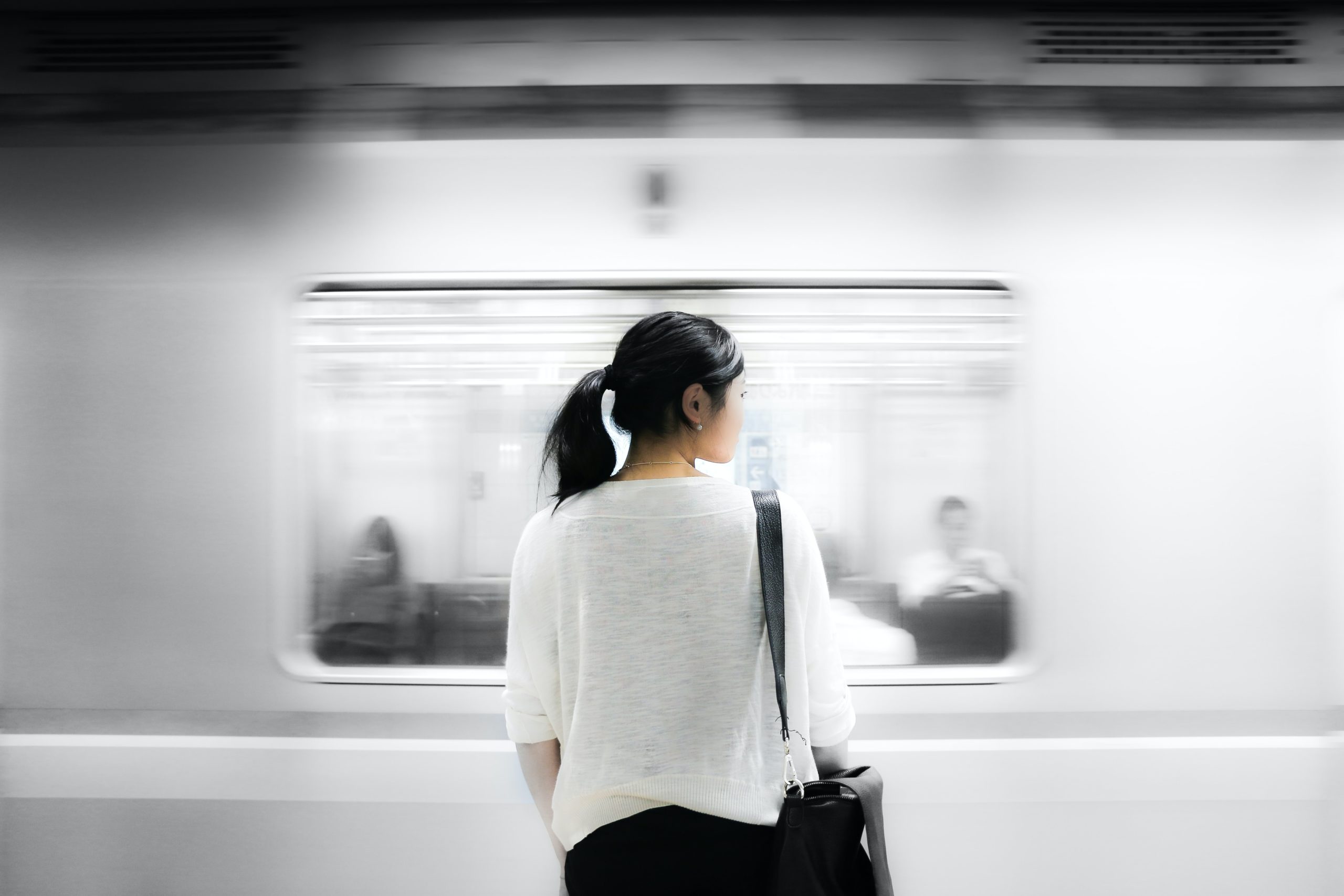On March 16, a white man named Robert Aaron Long went on a shooting spree, killing eight people. Most of his victims were women of Asian descent. News outlets have been reluctant to call this a hate crime, but how could it not be? The perpetrator was a white male and he targeted victims who were mostly women of color. He argued that his motive was rooted from sexual urges; yet the fact that the most of the victims were Asian women goes to prove the deeply and grossly entrenched notion of misogyny and submissiveness of Asian women. And, unfortunately, this was not an isolated incident. Since the beginning of the COVID-19 pandemic, Asians, Asian Americans, and Pacific Islanders (AAPI) have been living in fear, regularly the targets of xenophobia and, occasionally, the victims of violent hate crimes.
The trouble began for AAPI living in America, myself included, when COVID-19 first began to spread in the US and Trump dubbed it the “Chinese virus.” In just the next two months there were 1,497 cases of racial discrimination complaints filed by AAPI, according to the Asian Pacific Policy & Planning Council and Chinese for Affirmative Action’s. And those do not include instances of discrimination that were never reported.
Tragically, xenophobia was just the beginning. The hatred quickly escalated into hate crimes against AAPI throughout 2020. For example, three Asian Americans, including two- and six-year-old children, were stabbed in Midland, Texas. The attacker’s rationale behind the stabbing was that he thought the family was Chinese and were spreading the virus. Another hate crime occurred when a Korean student in Manhattan was pulled by her hair and punched in the face. The assaulter asked the victim where her mask was and said, “You’ve got coronavirus, you Asian (expletive).” These types of hate crimes barely scratch the surface of the increased numbers of xenophobic and racist attacks toward AAPI. According to Stop AAPI Hate, the organization received 3,292 reports in 2020, and has already received 503 cases in 2021.
Despite this rampant violence and discrimination against AAPI in the US, most politicians have largely been reluctant to recognize the plight of AAPI in America. Instead many, like Trump, have demonized the AAPI, emboldening their supporters to xenophobia and hate crimes.
For more than a hundred years, politicians have led the charge in discriminating against people who look like me.
Sadly, this experience is nothing new for AAPI living in the United States. For more than a hundred years, politicians have led the charge in discriminating against people who look like me. For example, the 1882 Chinese Exclusion Act was the first ever law to ban immigrants from naturalizing into the United States. During World War II, the federal government locked up Japanese Americans in internment camps.
Recognizing the scope of AAPI discrimination is complicated by the myth of an AAPI “model minority.” Because of skewed representation in media and culture, there is a flawed narrative about AAPI that we do not have it that hard – that we are successful and earn a lot of money. Thus, we are not even viewed as people of color. This unrealistic and untrue model minority narrative also leads to friction, tension and violence between AAPI and other people of color. It also obscures the reality that AAPI are frequent targets from white supremacy, as we have tragically seen recently. This model minority nonsense results in AAPI not being taken seriously nationwide when we talk about discrimination, even when hate crimes and xenophobic attitudes have skyrocketed since the dawn of COVID-19.
In spite of this historical and contemporary hatred, AAPI have and continue to help the US stay safe and heal during this unprecedented time. Asian Americans make up 18% of physicians and 10% of nurse practitioners in the US. They are on the front lines of fighting this pandemic. They are literally putting their lives on the line to keep Americans safe. When it comes to COVID-19, AAPI are not the problem — we are a key part of the solution. COVID-19 may have originated in China, but the AAPI have worked diligently to eradicate it from America and helped America to truly be great in so many other ways.
Time is very much up. AAPI are making noise around the US, demanding justice and bringing recognition to AAPI hate crimes and racism. It is high time for America’s leaders to recognize this rising wave of bigotry and pledge to address hate crimes against the AAPI, rather than nonchalantly sweep it under the rug as they have done for many, many years.
Young Hyun Lily Joo is a recent graduate of George Washington University, Elliott School of International Affairs, where she received an MA in International Affairs with a concentration on International Security Studies. Lily was born in Seoul, South Korea and has been studying in the U.S. for over a decade. Prior to CIP, Lily worked at the Center for Strategic and International Studies (CSIS) as a Korea Chair Intern, at the Wilson Center as a Research Assistant Intern, and at the American Enterprise Institute (AEI) as a Global Security Intern. Her research interests include international security, international relations, foreign and defense policy, East Asian security, nuclear weapon and security, and weapon of mass destruction (WMD)s.





















